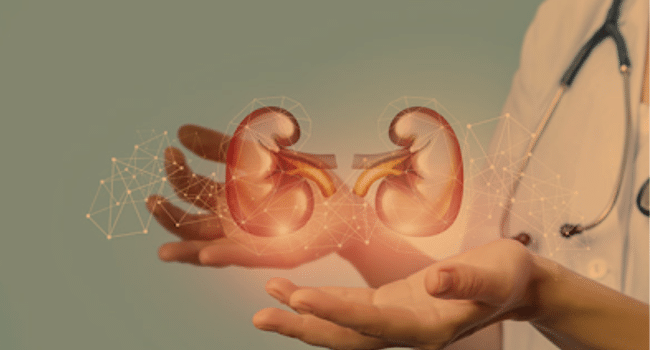Table of Contents
Kidneys are an important part of the body, as they help in the removal of wastes and extra fluid from the body. Your kidneys also help move out acid that is produced by the cells of your body to maintain a healthy balance of water, salts, and minerals, such as phosphorus, sodium, calcium, and potassium, in the blood. Our day-to-day activities and eating habits have a lot of impact on our kidneys, yet we often neglect them.
The kidney Specialist in Kolkata suggests measures to take to maintain healthy kidneys and also provides us with insights on when and why renal transplantation is needed. Continue reading to know more.
What is a Renal Transplant?
In some cases of chronic disease, a complete transplant of kidneys may be needed. A renal transplant, or kidney transplant, is a surgery to replace a patient’s damaged and unhealthy kidney with a healthy kidney obtained from a living or deceased donor. When kidneys lose this waste filtering ability, dangerous levels of fluid and waste mount up in the body, which can lead to several health issues in the body, including high blood pressure, and result in kidney failure (end-stage renal disease).
The end-stage renal disease is reached at the time when the kidneys have lost about 90% of their ability to function normally and filter out waste. Kidney specialists in Kolkata, are experts in renal transplant and have successfully cured many patients from chronic kidney disease.
Common Causes of End-Stage Kidney Disease
Some of the most common causes in people today who reach the endmost stage of kidney disease include:
- Diabetes and uncontrolled blood sugar levels
- Chronic, uncontrolled high blood pressure
- Chronic glomerulonephritis: which is an inflammation and eventual scarring of the tiny filters within the kidneys
- Polycystic kidney disease and other kidney dysfunctions
Why Go for a Renal Transplantation?
A renal or kidney transplant is often preferred by patients with kidney failure in comparison to a lifetime on dialysis. A kidney transplant is a one-time procedure and can treat chronic kidney disease or end-stage renal disease to help you feel better and live longer. Whereas, dialysis, on the other hand, has to be performed regularly to keep waste out of the body and prevent it from accumulating.
Compared with dialysis, a kidney transplant is associated with a better quality of life, lower risk of death, fewer dietary restrictions, and lower treatment costs. Some people might be needed to continue with dialysis by the time the right donor is found. But it is never a permanent solution as is a transplant.
FAQ: What are the risks associated with a renal transplant?
Kidney transplantation can be helpful in treating advanced kidney diseases and kidney failure, but the surgery isn’t a cure for the underlying illnesses that result in kidney failure. Such forms of consequential kidney disease may return after a transplant.
The health risks related to a kidney transplant comprise those related directly to the surgery and rejection of the donor’s organ by the patient’s body. Risks also include the side effects of taking anti-rejection medications that need to be taken so that the body does not right away reject the donated kidney and becomes familiar with it.
The question of whether a kidney transplant is even right for you in the first place is a personal decision that deserves careful thought and consideration of the serious risks and benefits involved. You must have a word and discuss it well with your family, friends and also your doctor.
Conclusion!
There are a lot of measures that one must take in order to maintain a healthy lifestyle post-surgery. Regular physical activity and a healthy diet must become a permanent part of one’s life. Even if you are not someone currently suffering from kidney issues, it is better to be cautious and take steps towards a healthy lifestyle.
Read More on KulFiy
